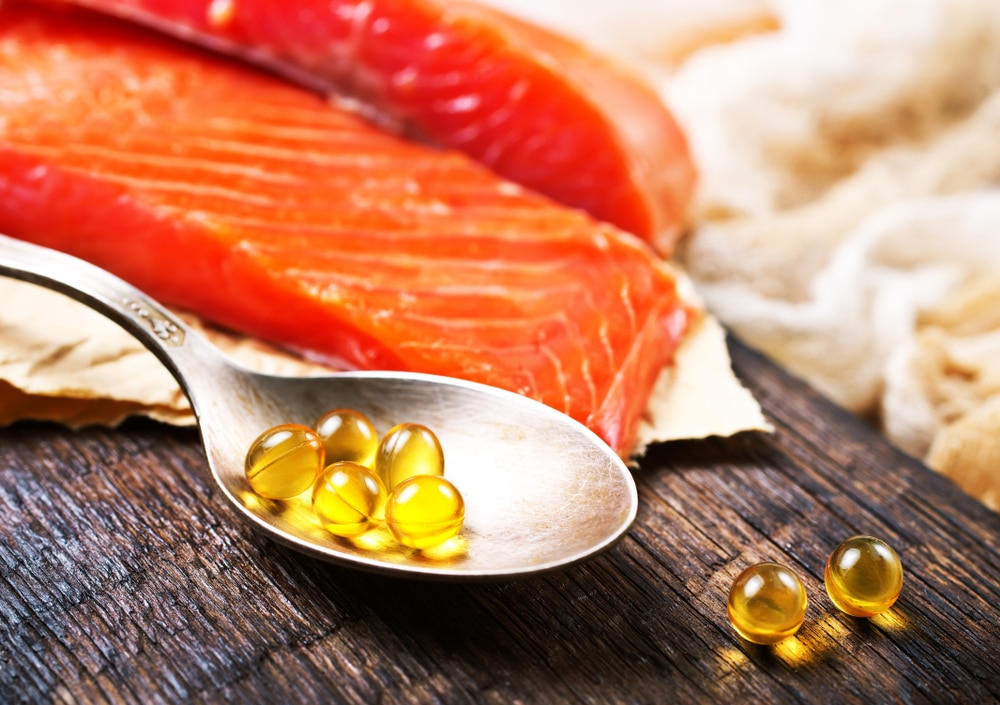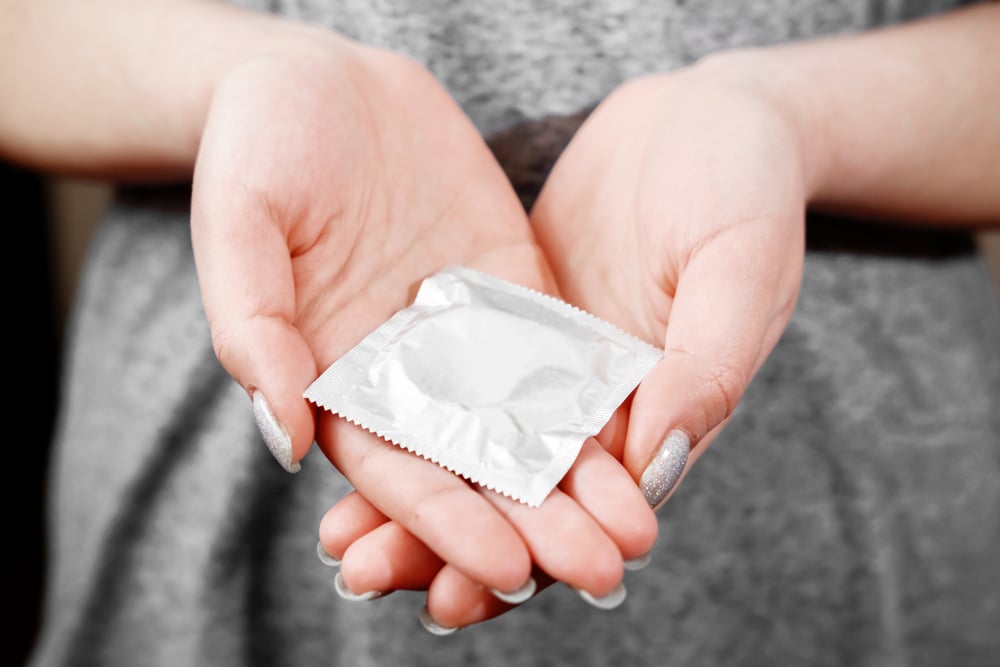Postmenopause is the time of a woman’s life after she has experienced menopause. At this stage, she has not had a monthly period for at least a year. The bothersome symptoms she experienced during menopause, such as hot flashes and night sweats, have usually subsided.
During this time, women need to be more vigilant about their health as well because they are at a higher risk for certain medical conditions and will experience changes that make intimacy more difficult.
Some of the things women can expect during postmenopause include (1):
Changes In Their Hormones
Even though a woman has reached menopause and is no longer having periods, her ovaries continue to produce small amounts of the hormone estrogen. As a result, her levels of this hormone will fluctuate for the next few years. This can cause mood swings, problems sleeping, and an increase in the number of hot flashes and night sweats she experiences.
Higher Risks For Medical Conditions
Postmenopausal women are at a higher risk for developing conditions such as osteoporosis, heart disease, and stroke. It is important for them to be proactive about their health by eating a healthy diet, exercising regularly, and getting regular checkups.
Changes In Their Sexual Health
After menopause, women may find that they are not as interested in sex as they used to be. This is due to changes in their hormone levels and the fact that vaginal dryness can make intercourse uncomfortable. It is important for postmenopausal women to communicate with their partners about any changes in their sexual health and to find ways to maintain a healthy and satisfying sex life.
Read More: Yoga For Menopause: 7 Easy Poses To Ease Menopausal Symptoms
How Will I Know When I Am Postmenopausal?
Most women will know when they have reached the postmenopausal stage because they will not have had a period for at least a year. If you are still having periods, your doctor can perform a blood test to measure the level of estrogen in your body. This will help determine whether or not you have officially entered postmenopause (3).
How Can I Rekindle My Sex Life After Menopause?
A number of changes that take place during menopause can make intimacy more difficult. Menopause vaginal dryness and shrinking can make sex uncomfortable. Other than that, night sweats and hot flashes can disrupt sleep and leave you feeling tired. But there are many ways to rekindle physical intimacy after menopause (2).
First, talk to your partner about your needs and concerns. It’s important to be open and honest with each other about what you’re comfortable with.
Second, make time for intimacy. Set aside time for physical closeness, whether it’s a romantic dinner or just cuddling on the couch.
Third, experiment. If something that used to be enjoyable no longer feels good, try something new. There are many ways to be intimate with your partner, and you may have to experiment to find what works best for you.
Finally, don’t be afraid to ask for help. If you’re struggling to rekindle physical intimacy after menopause, talk to your doctor or a sex therapist. They can help you find solutions that work for you and your partner.
Some medical treatments, such as hormone therapy, can also help improve physical intimacy after menopause. Talk to your doctor to see if this is an option for you.
Physical intimacy is an important part of any relationship, and it can be just as enjoyable after menopause. With a little effort, you and your partner can rekindle the physical intimacy you once shared.
BetterMe app will kick you out of the mental funk, shake off your extra weight, rid you off your energy-zapping habits, and help you sculpt the body of your dreams. Intrigued? Hurry up and change your life for the better!
Other Ways To Improve Your Health After Menopause
In addition to rekindling your sex life, there are other things you can do to improve your health after menopause, such as:
Establishing A Healthy Diet
First, eat a healthy diet. A healthy diet is important for everyone, but it’s especially important for postmenopausal women. Eating plenty of fruits, vegetables, and whole grains can help reduce the risk of developing conditions like heart disease and osteoporosis.
A healthy diet is equally important for sexual health at this age. Research has shown that a poor diet can lead to a decline in sexual function. So make sure to include plenty of healthy foods in your diet.
Read More: The Menopause Diet 5 Day Plan To Lose Weight In No Time!
Exercising Regularly
Second, practice exercising regularly. Exercise is not only good for your physical health, but it’s also good for your mental health. Exercising regularly can help reduce stress levels, improve moods, and boost energy levels.
Regular exercise can also improve your sexual health. Exercise helps keep your body healthy and in shape, and it can help increase libido too. So make sure to include plenty of exercise in your postmenopausal routine.
Get Regular Checkups
Third, get regular checkups. Even if you feel healthy, it’s important to see your doctor regularly. This is the best way to catch any health problems early and to prevent them from becoming serious.
The Bottom Line
Postmenopause can be a challenging time, but it is also a time of new beginnings. With the right information and support, women can manage the changes that come with it and enjoy a healthy and fulfilling life.
DISCLAIMER:
This article is intended for general informational purposes only and does not address individual circumstances. It is not a substitute for professional advice or help and should not be relied on to make decisions of any kind. Any action you take upon the information presented in this article is strictly at your own risk and responsibility!
SOURCES:
- Postmenopausal syndrome (2015, nih.gov)
- Menopause basics (2010, womenshealth.gov)
- Menopause, perimenopause, and postmenopause (2017,clevelandclinic.org)











